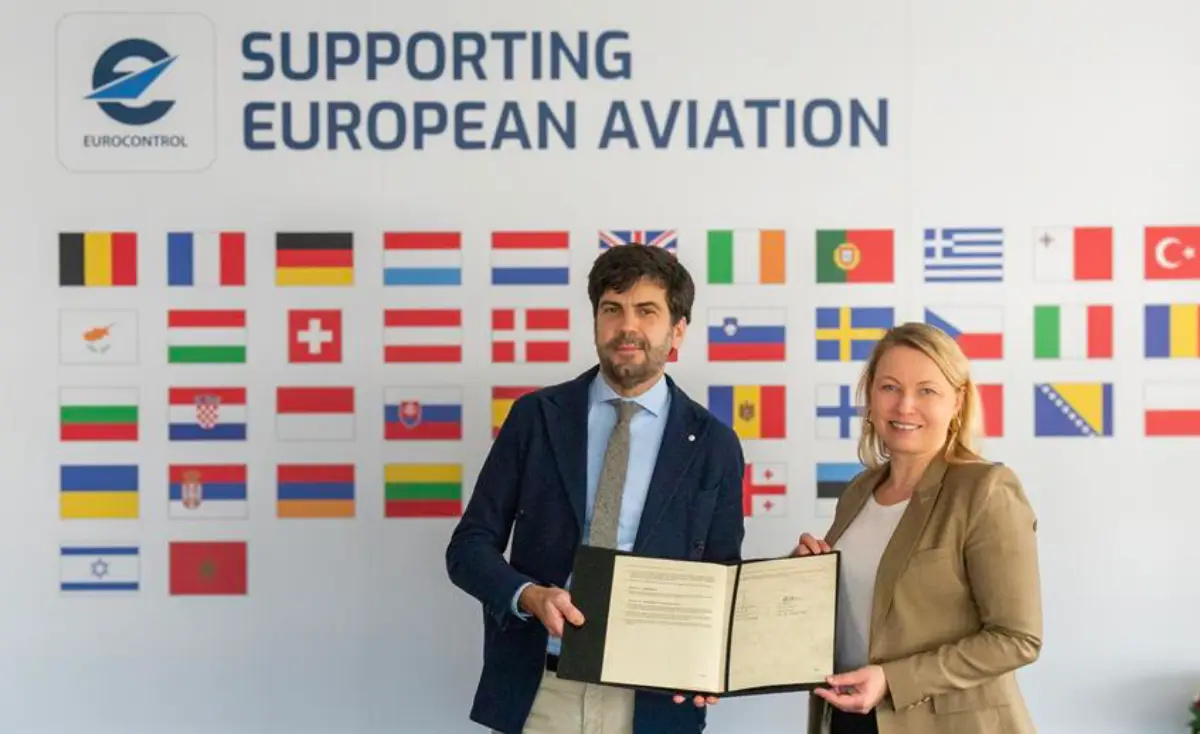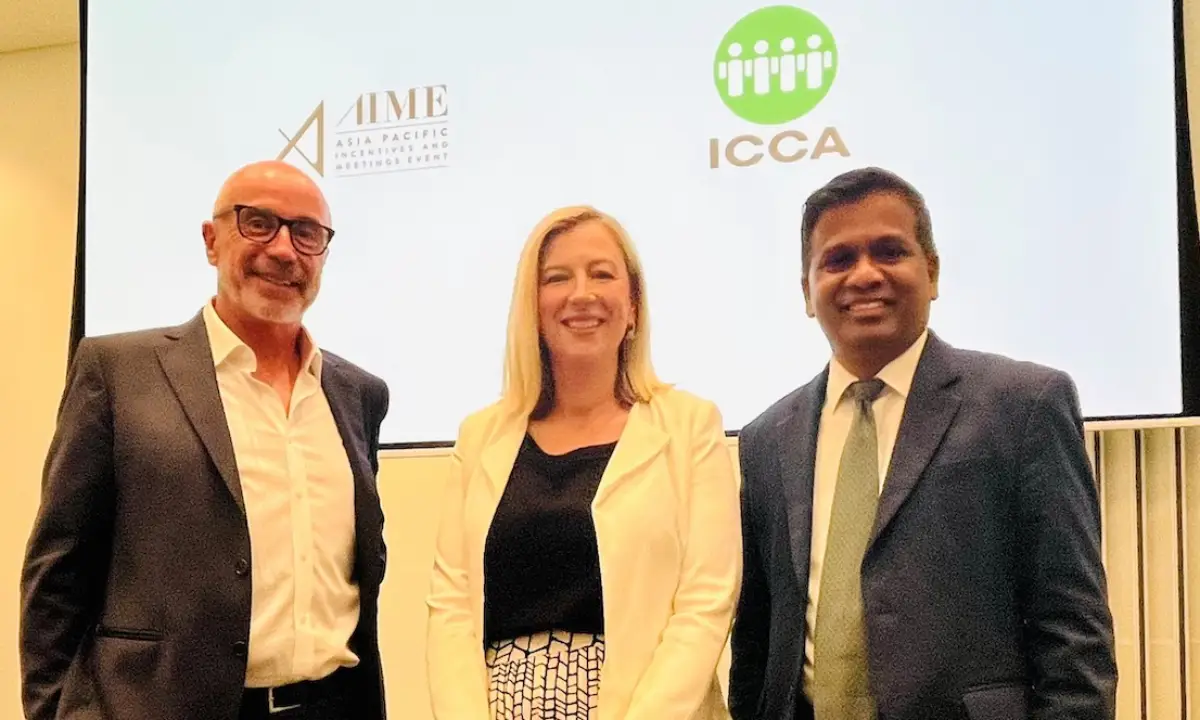The Korean outbreak of Middle East Respiratory Syndrome (MERS) has been officially declared over, according to South Korean prime minister Hwang Kyo-ahn. The announcement was made on July 28th, 23 days after the last suspected case, with no new cases reported. The statement comes amidst a flurry of increased activity for Korea’s tourism and business events sector; with 3,000 employees of Chinese health products company He He Kang Yuan departing from Tianjin on July 27th for a six-day cruise trip to Seoul and Incheon.
Meanwhile, the country recently secured two major event and travel bid wins for 2016, including a Chinese incentive tour in May for 15,000 employees of health product company Joymain International Development Group Inc. the largest-ever incentive travel group ever to visit Korea by airplane. Busan, meanwhile, won hosting duties for next year’s 27th FISM World Championships to Magic, to be attended by an expected 2,500 participants from 50 countries.
With inbound travel to the country returning to normal, the Korea Tourism Organization recently launched its 100-day Tourism Recovery Plan, aimed at revitalizing the industry and attracting international visitors back to the country, thereby normalizing the tourism demand enjoyed by Korea prior to the outbreak.
Under the plan, the KTO will focus on promoting Korea’s distinctive touristic appeal to the global community by inviting foreign media and key industry decision makers to participate in sponsored programs in the nation’s main tourism destinations. The programs explore popular interests such as Korean cuisine, major local attractions, and hallyu (Korean Wave)-related content.
Earlier in the month, KTO International Tour Marketing executive vice president Rhee Jae-sung stated that the plan aimed to capitalize on traditional holiday periods in neighboring countries, such as the three-day Obon Festival and “Silver Week” held in Japan during August and September respectively, and China’s Golden Week holiday period in early October.
The MERS outbreak significantly impacted the Korean economy since the first case was reported on May 20th, with the nation’s largest feeder markets, namely China, Hong Kong, and Taiwan, accounting for the biggest drop in inbound travel to Korea.
However, the World Health Organization (WHO) consistently maintained that it “does not recommend travel or trade restrictions with regard to this event”, while most countries did not issue any travel warnings.













